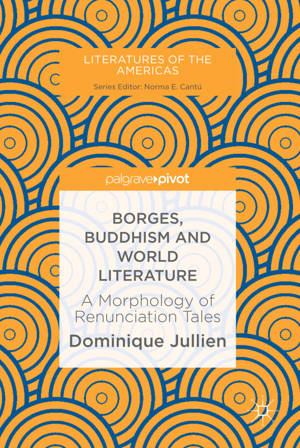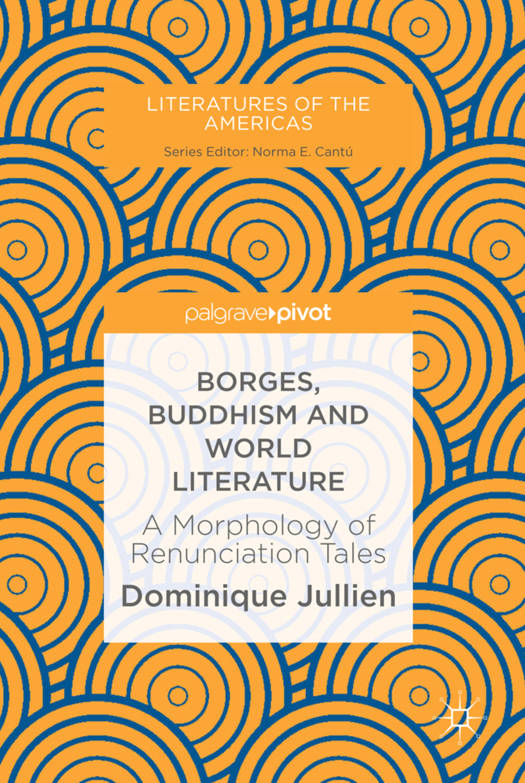
Bedankt voor het vertrouwen het afgelopen jaar! Om jou te bedanken bieden we GRATIS verzending (in België) aan op alles gedurende de hele maand januari.
- Afhalen na 1 uur in een winkel met voorraad
- In januari gratis thuislevering in België
- Ruim aanbod met 7 miljoen producten
Bedankt voor het vertrouwen het afgelopen jaar! Om jou te bedanken bieden we GRATIS verzending (in België) aan op alles gedurende de hele maand januari.
- Afhalen na 1 uur in een winkel met voorraad
- In januari gratis thuislevering in België
- Ruim aanbod met 7 miljoen producten
Zoeken
€ 83,95
+ 167 punten
Omschrijving
This book follows the renunciation story in Borges and beyond, arguing for its centrality as a Borgesian compositional trope and as a Borgesian prism for reading a global constellation of texts. The renunciation story at the heart of Buddhism, that of a king who leaves his palace to become an ascetic, fascinated Borges because of its cross-cultural adaptability and metamorphic nature, and because it resonated so powerfully across philosophy, politics and aesthetics. From the story and its many variants, Borges's essays formulated a 'morphological' conception of literature (borrowing the idea from Goethe), whereby a potentially infinite number of stories were generated by transformation of a finite number of 'archetypes'. The king-and-ascetic encounter also tells a powerful political story, setting up a confrontation between power and authority; Borges's own political predicament is explored against the rich background of truth-telling renouncers. In its poetic variant, the renunciationarchetype morphs into stories about art and artists, with renunciation a key requirement of the creative process: the discussion weaves in and out of Borges to highlight modern writers' debt to asceticism. Ultimately, the enigmatic appeal of the renunciation story aligns it with the open-endedness of modern parables.
Specificaties
Betrokkenen
- Auteur(s):
- Uitgeverij:
Inhoud
- Aantal bladzijden:
- 126
- Taal:
- Engels
- Reeks:
Eigenschappen
- Productcode (EAN):
- 9783030047160
- Verschijningsdatum:
- 18/01/2019
- Uitvoering:
- Hardcover
- Formaat:
- Genaaid
- Afmetingen:
- 148 mm x 210 mm
- Gewicht:
- 335 g

Alleen bij Standaard Boekhandel
+ 167 punten op je klantenkaart van Standaard Boekhandel
Beoordelingen
We publiceren alleen reviews die voldoen aan de voorwaarden voor reviews. Bekijk onze voorwaarden voor reviews.









